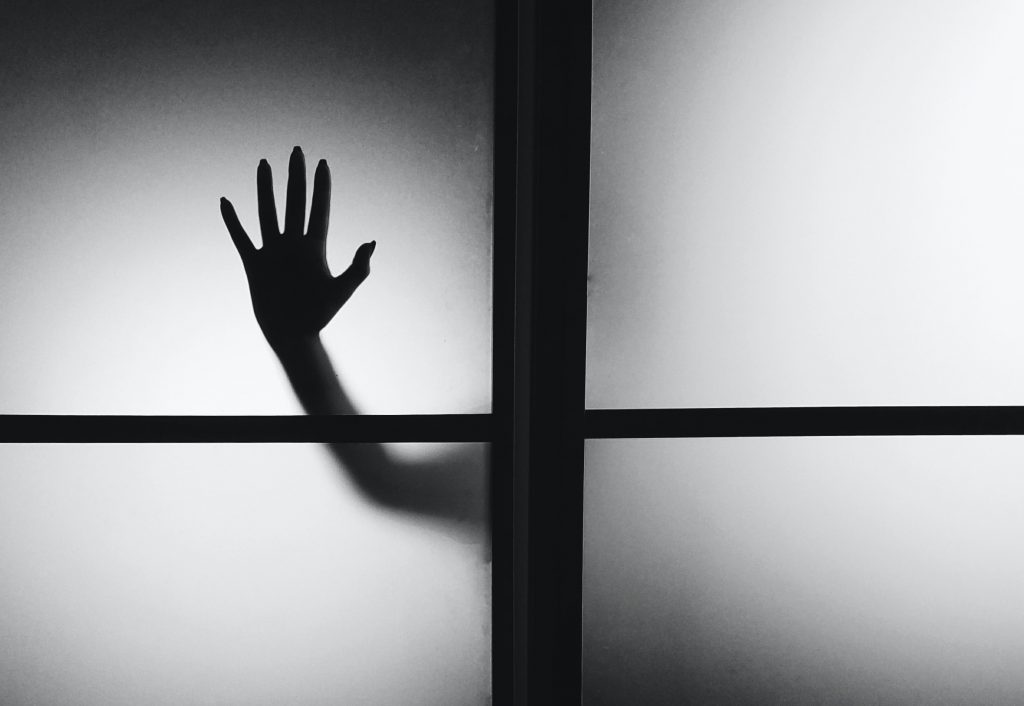
The science behind sleep paralysis
What are sleep paralysis and why they happen?
Sleep paralysis is a temporary state which happens while someone is falling asleep or waking up. Person that experiences sleep paralysis is unable to move or speak, but still remains fully aware of their surroundings. Besides its frightening nature, it is a fairly common sleep condition.
Most people have also reported the presence of something or someone evil in the room. The hallucinations you can experience during sleep paralysis are divided into four categories: visual, auditory, tactile and olfactory sensations.
1. Visual – The most usual visual hallucination is seeing a dark figure or a shadow.
2. Auditory – Hearing someone speak, sometimes even in a foreign language, whispering, screaming or laughing. Most people have also reported a buzzing or static noise. Other examples can be hearing things such as breathing, footsteps or knocking.
3. Olfactory – The least common hallucination that has to do with the sense of smell.
4. Tactile experiences – Just a few to name; tingling, the feeling of pressure, especially on the chest or even the sensation of falling or flying.
Sleep paralysis and a nightmares aren’t the same thing. Sleep paralysis is a very short experience and it happens fairly rarely. During the REM-phase our muscles are temporarily paralyzed so that we wouldn’t act out on our dreams. For example, if you’re punching someone in your dream it protects you from not actually doing it and possibly harming yourself or someone else.
What happens during sleep paralysis, however, is that you become aware before the REM-phase has ended and that’s why you can’t move or speak. Hallucinations happen for the same reason since the sleep paralysis has both elements of sleep and wakefulness; “you’re stuck” in between the states of waking up and REM-sleep.
It tends to first appear during the teen years and after that it occurs most often in your 20s or 30s. Most people will get it only once or twice in their lives, but for about 5% of population it’s a recurring event.
It’s not clear why they happen and you can’t predict in any way when you’ll get one, but the factors that make them more likely to happen are: lack of sleep, sleep schedule changes, stress, sleeping on the back, other sleep problems like narcolepsy, certain medications and substance abuse.
